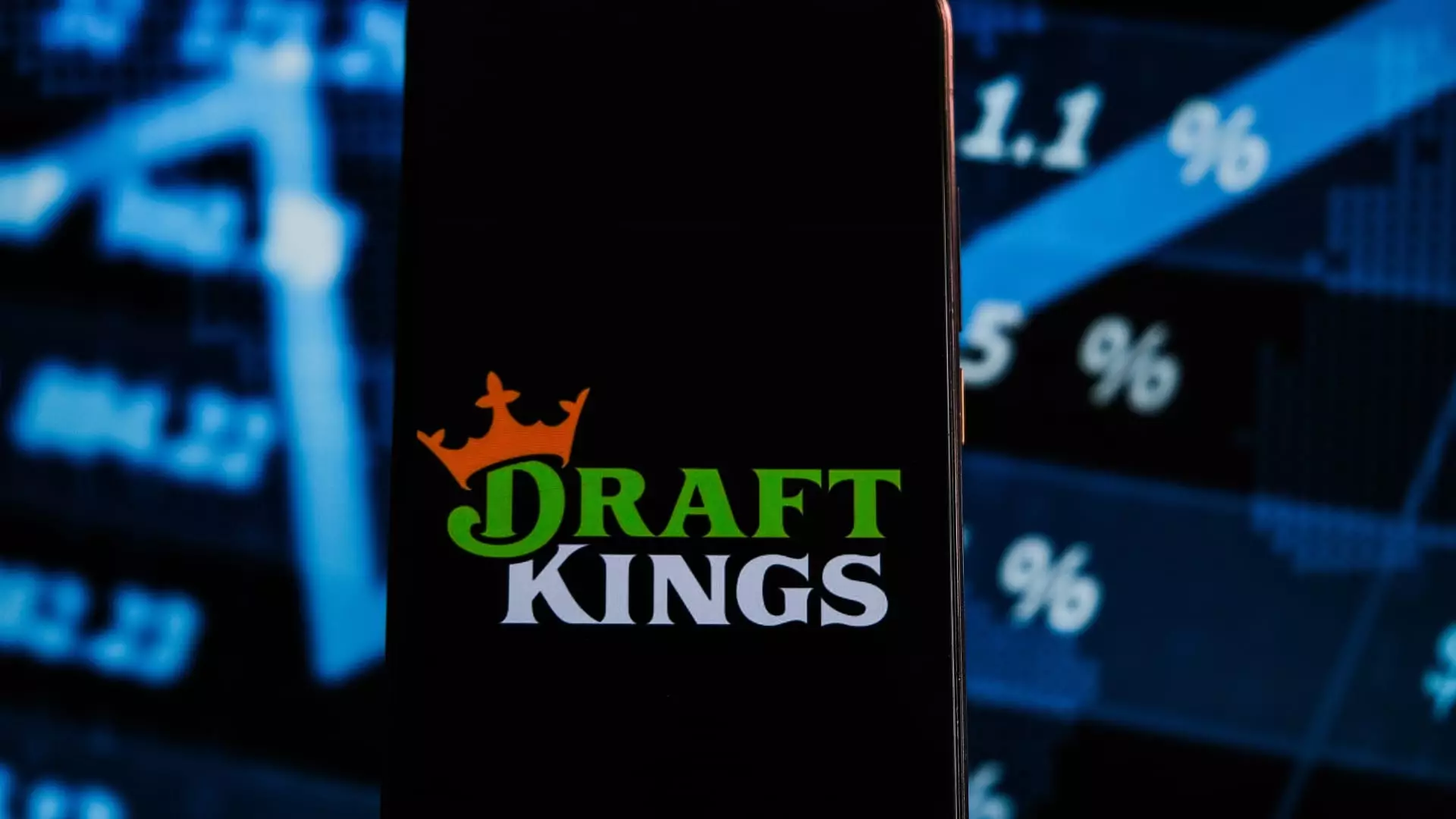The decision by Illinois lawmakers to raise taxes on online sports betting – now pegged at 25 cents per wager for the first 20 million bets, doubling to 50 cents thereafter – has sent shockwaves through the industry. Investors had high hopes for a financial rebound, particularly in a market that has bloomed in popularity, but this unexpected fiscal maneuver has cast a pall over future growth. As DraftKings and Flutter Entertainment’s stock plummeted, it becomes increasingly clear that the weight of Illinois’ legislation resonates far beyond the state’s borders, raising substantial concerns regarding the future of sports betting nationwide.
Investor Anxiety in the Betting Arena
When Illinois Governor J.B. Pritzker greenlit this budget, the implications were immediate and alarming. Market analysts like Barry Jonas of Truist pointed out that this was not just an isolated incident; it marked the second consecutive year in which the state unexpectedly tightened the screws on an industry desperate for stability. Such impulsivity from state lawmakers breeds uncertainty for investors already grappling with an increasingly volatile market. The creeping fear is palpable: If one state can impose such burdensome taxes, what’s to stop others from climbing aboard this revenue-generating bandwagon?
The Impact on Major Players
For heavyweights like DraftKings and Flutter’s FanDuel, the stakes are glaringly high. With rising taxes predicted to affect more than just their bottom lines, these platforms must now adapt to an environment where every wager carries additional costs. Jonas emphasized that the possibility of surpassing the 20 million wager mark is almost inevitable for these giants, which would mean significant portions of their bets would incur the higher tax rate. Conversely, smaller players might not feel the pinch quite as acutely, yet the overall tightrope walk of profitability continues to loom large over the industry’s future.
Widespread Implications Across the Nation
Meanwhile, the specter of Illinois’ newfound tax policy leaves Wall Street on edge. The fear is not unfounded. Other states could very well mimic Illinois in their rush to cover budget deficits by imposing or inflating their own taxes on online sports gambling. Already, there is a dissonance among state taxation rates, ranging from exorbitant levies of 51% in states like New York and Rhode Island, to far more manageable rates of 6.75% in Nevada. This chaotic landscape raises legitimate questions about fairness, competition, and long-term industry viability.
A Market Under Pressure
What is most troubling is the precedent being set. Sports betting advocates have long touted the industry as a potential panacea for state budget woes, but this approach is riddled with contradictions. The very essence of a thriving sports betting economy lies in its accessibility and consumer engagement. Heavy taxation threatens to stifle both enthusiasm and participation, leading to an insipid marketplace ripe for decline. It appears that Illinois’ lawmakers, rather than fostering growth and innovation, have opted for short-term gain at the expense of a burgeoning industry which has shown immense potential for job creation and economic stimulation.
Ultimately, if states like Illinois persist in strangling the goose that lays the golden eggs of online sports betting, they risk pushing bettors back into the shadows or off to friendlier jurisdictions. What began as a beacon of opportunity is now evolving into an arena marred by anxiety and uncertainty, questioning the very sustainability of the industry.


Leave a Reply